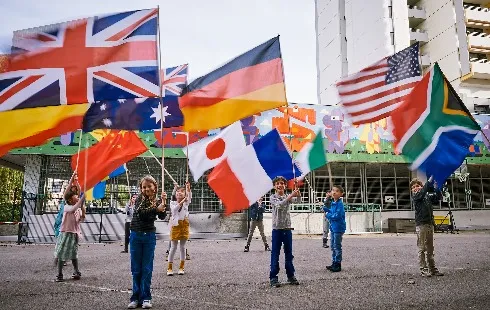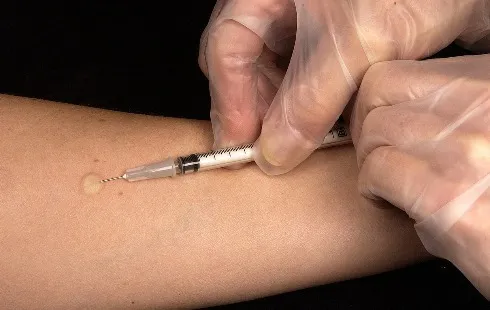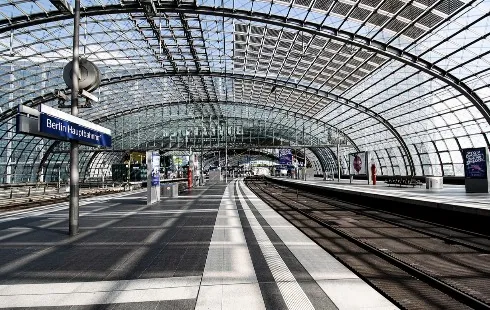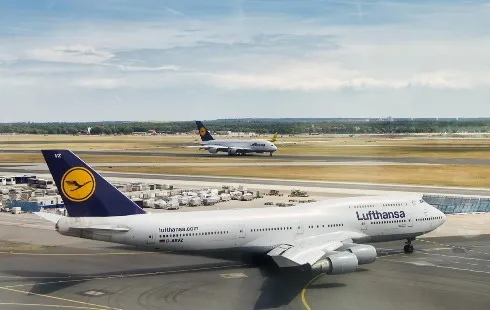
Trump's Tariff War: China Urges Immediate Repeal of Tariffs Amid Countermeasures
Section: News

Section: News

Section: News

Section: Health

Section: News

Section: News

Section: Travel

Section: News

Section: News

Section: Politics

Section: Arts

Health Insurance in Germany is compulsory and sometimes complicated, not to mention expensive. As an expat, you are required to navigate this landscape within weeks of arriving, so check our FAQ on PKV. For our guide on resources and access to agents who can give you a competitive quote, try our PKV Cost comparison tool.

Germany is famous for its medical expertise and extensive number of hospitals and clinics. See this comprehensive directory of hospitals and clinics across the country, complete with links to their websites, addresses, contact info, and specializations/services.

Join us for a captivating organ concert featuring Giacomo Gabusi from Bologna. Experience an evening of classical music with works by Wagner, Bossi, and Messiaen, among others. This event is part of the Pasinger Orgeltage series, promising a delightful musical experience. Admission is free, but...
No comments yet. Be the first to comment!